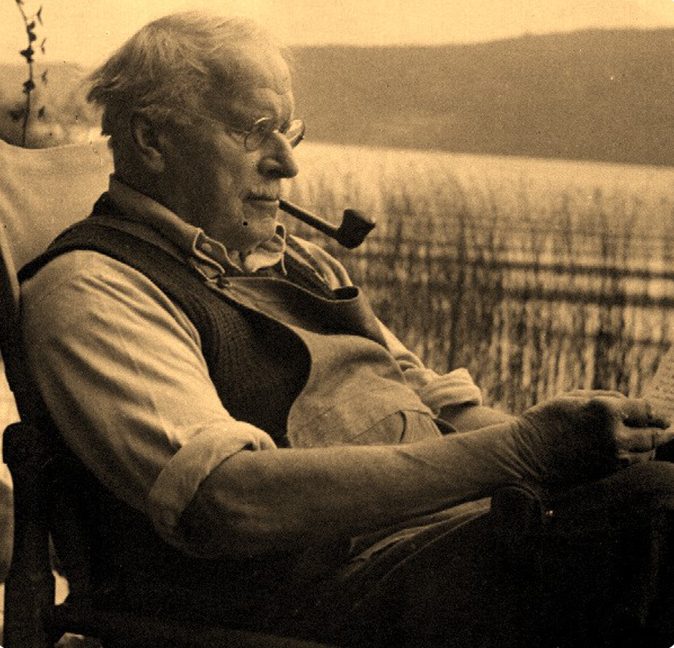“The highest joy of man should be the growth of personality.” C.G. Jung quoting Goethe in C.G. Jung Collected Works Vol. 8, ¶ 731
In this course we will make a survey–a broad overview–of Jung’s ideas about psychological development over the course of a lifetime. Our five topics will be 1. Pregnancy, Conception and Birth 2. Childhood, Adolescence and Initiation into Adulthood. 3. Work and Relationships 4. Renewal and Rebirth and Coming to Self-Awareness, and 5. Death, Dying and the Afterlife.
For these five topics, one perspective will unite our approach: the perspective that comes from viewing the development of a person as a whole through life’s stages, aiming at the completion of life’s goal, which Jung called individuation.
Readings will consist of handouts for each class session.
5 consecutive Mondays, 7:00 – 8:30 pm Eastern Time, USA, online only via Zoom.
Class sessions:
1. Pregnancy, Conception and Birth: We will discuss Marie-Louise Von Franz’s ideas about what a pregnant woman needs to do while her child is gestating. We will ask what is the meaning in our time of the old folk and religious ideas about what the soul experiences before birth.
2. Childhood, Adolescence and initiation into Adulthood : Jung’s emphasis on how children live in the unconscious of their parents, through participation mystique, will guide our discussion of the role of the analytic vs. synthetic approach to understanding the impact of childhood. A key topic will be how (tribal) initiation turns a young person into a human being, from a less-than-human stage.
3. Work and Relationships: Jung’s ideas about work created controversy for him, but he decided he was right all along. We will discuss how his ideas about marriage are as relevant today as they were when he wrote 100 years ago. Our discussion questions will include: What does it take to bring off marriage as the union of opposites?
4. Renewal and Rebirth: When we reach a dead end in life–when we have no more means for creative living available in consciousness—what then? We will discuss Jung’s finding that the unconscious can bring up images that have the potential to renew and reenergize our worn-out attitudes and behaviors.
5. Death, Dying and the Afterlife: In his autobiography, Jung introduced the idea that we need to have a personal view of what happens after life, because it’s psychologically healthy to have such a view. We will review the many ideas about death, dying and the Afterlife that we get from Jung, Aniela Jaffe and Marie-Louise Von Franz.



